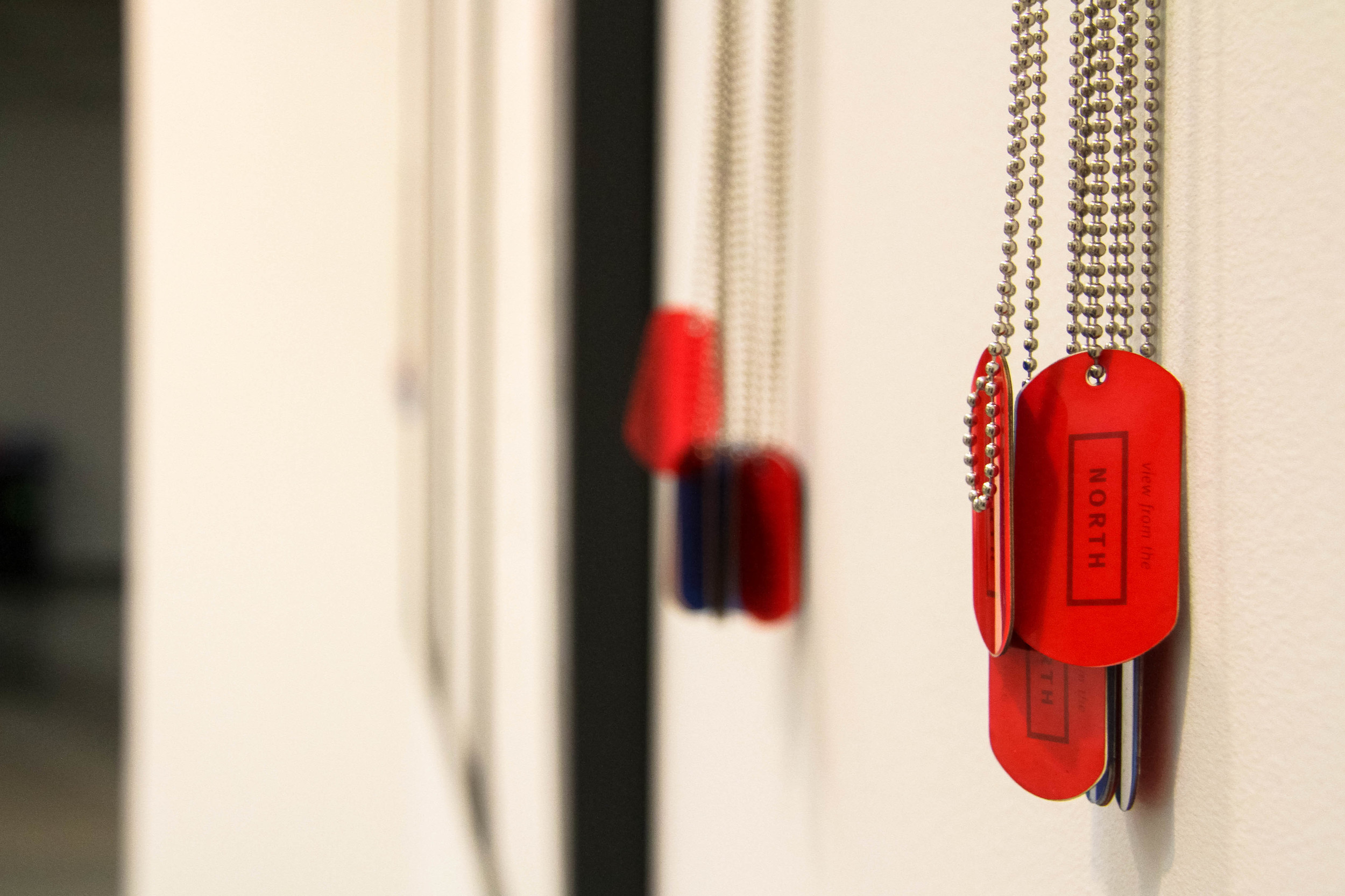Hanguru
Master's Thesis Component 2013
Overview
Roles
Research / Social Design
The thesis study of MA in Social Design at MICA in 2013 required in-depth research of an existing social issue. North Korean escapees and their integration in South Korea has been a contentious social issue in South Korea that has only been getting stronger.
We were challenged to provide a conceptual design of an interventional and implementable solution based on our research findings.
Issue
The number of North Korean escapees have risen exponentially.
Approximately 30,000 North Koreans live in South Korea, with the numbers rising year after year. It is not easy to adjust to the hyper-competitive, fast-paced, and capitalist South Korean society. 7.5% of North Koreans remain unemployed (twice the national average), while a recent survey found that 80% of defectors suffer from depression.
The complexity of the issues surrounding the North Korean community in South Korea requires further study, with the voice of the North Koreans themselves.
Research
The research was conducted in order to:
- Gain a more holistic understanding of the issues that North Korean escapees face.
- Better understand the cultural background, history, and personal journeys of North Korean escapees.
- Provide insight into ways in which design can facilitate the transition process in a non-intrusive manner.
Primary Research
Primary research was conducted through a series of Skype interviews and a trip to South Korea.
- Interviews with 8 North Korean escapees and 6 North Korean activists
- Surveys with 10 North Korean escapees
- Ethnographic observation of a non-profit organization employing individuals from NK (partnered with Goodwill)
- Ethnographic observation of a social enterprise employing individuals from NK (partnered with Onnuri church)
- Interviews with a former Hanawon director
- Visit to the Korea Institute for National Unification, the Institute for Unification Education, and the University for North Korean Studies
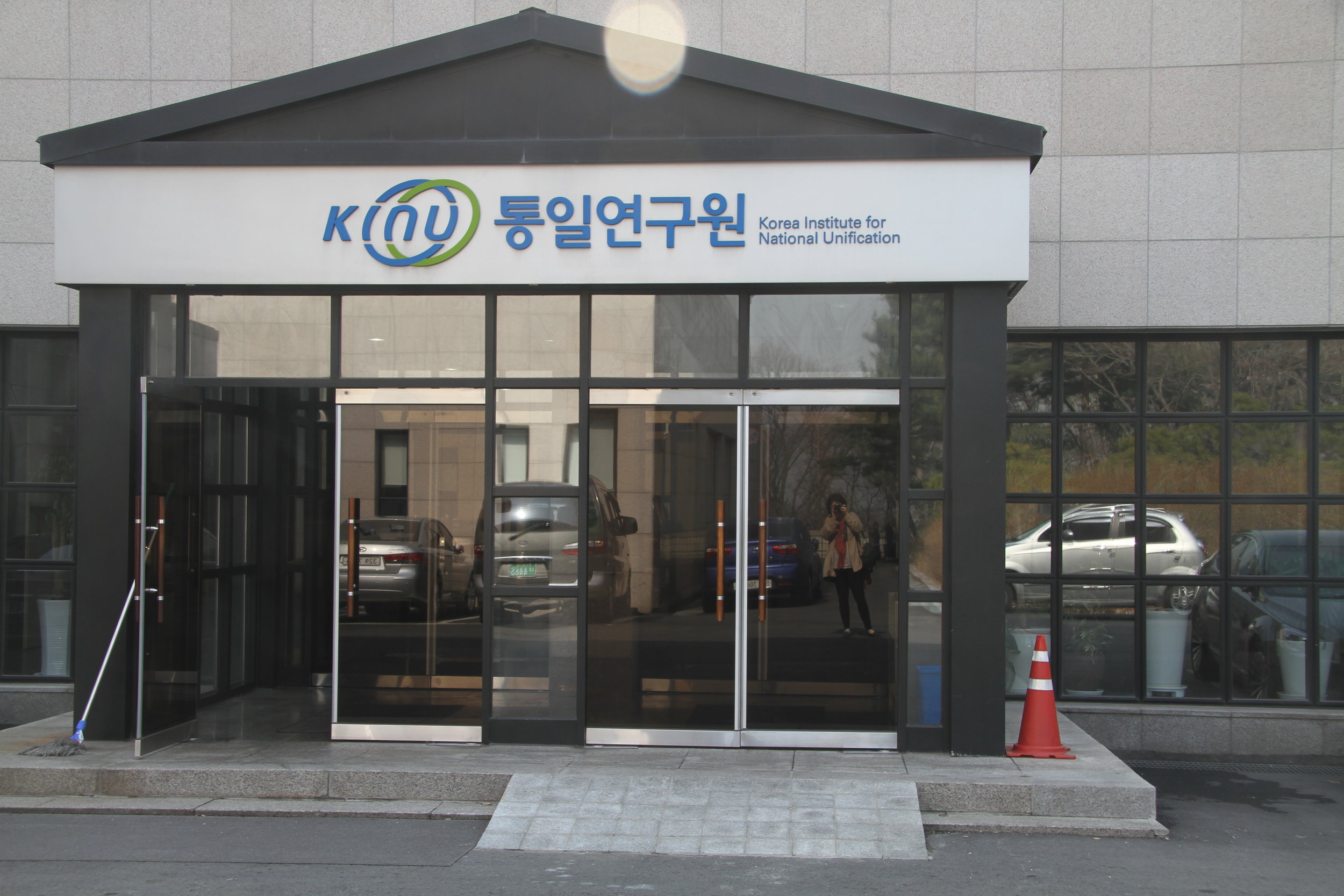
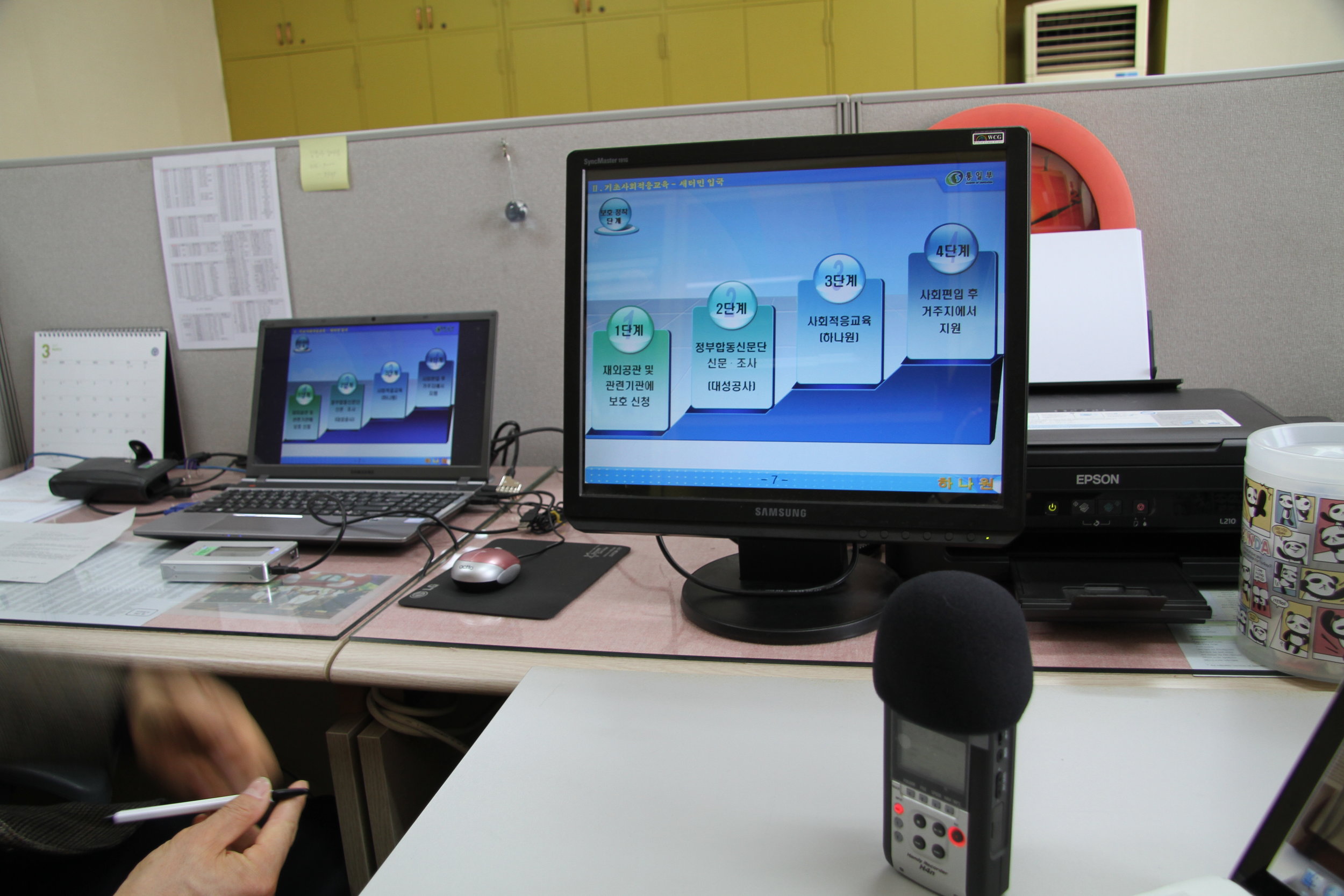
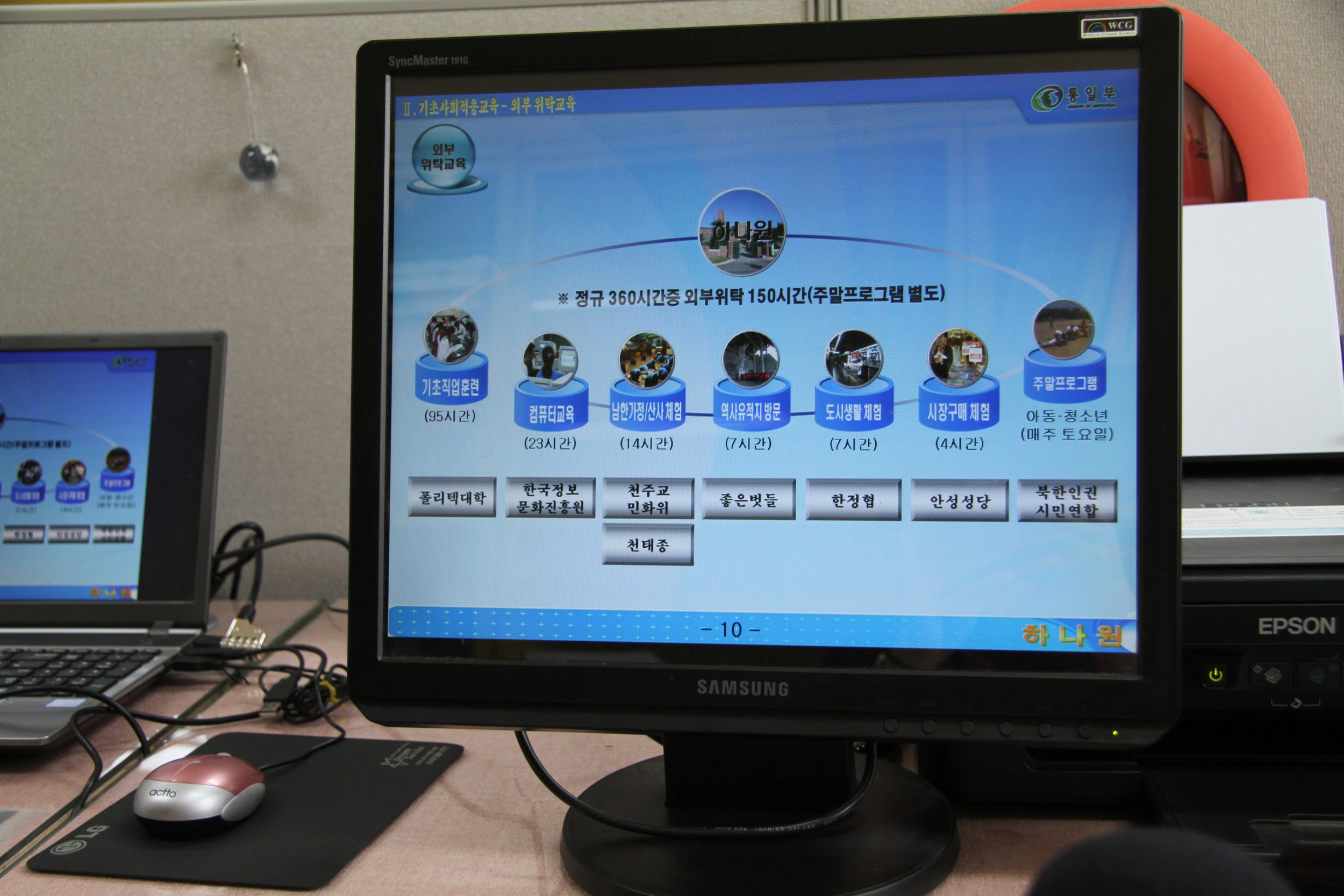
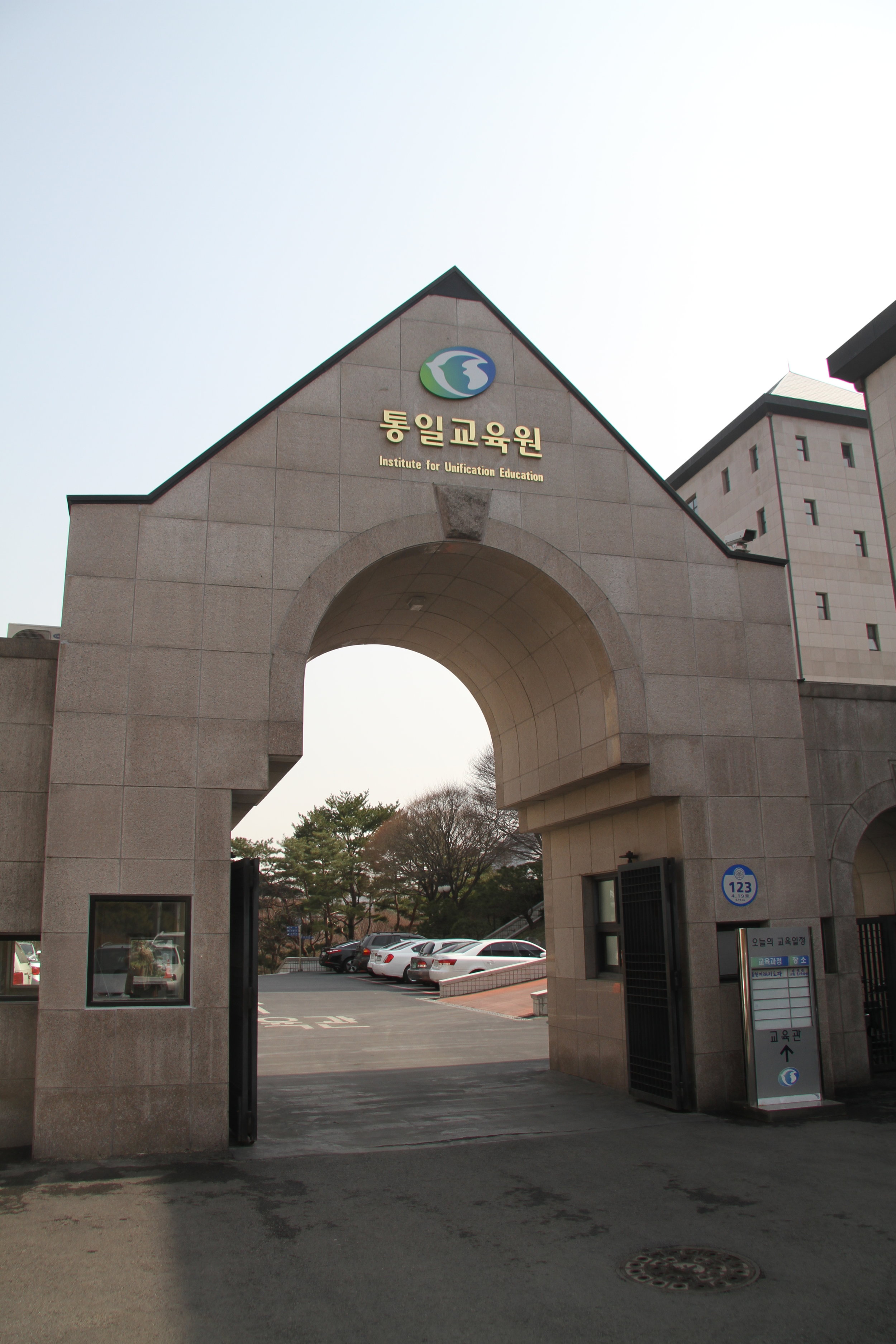
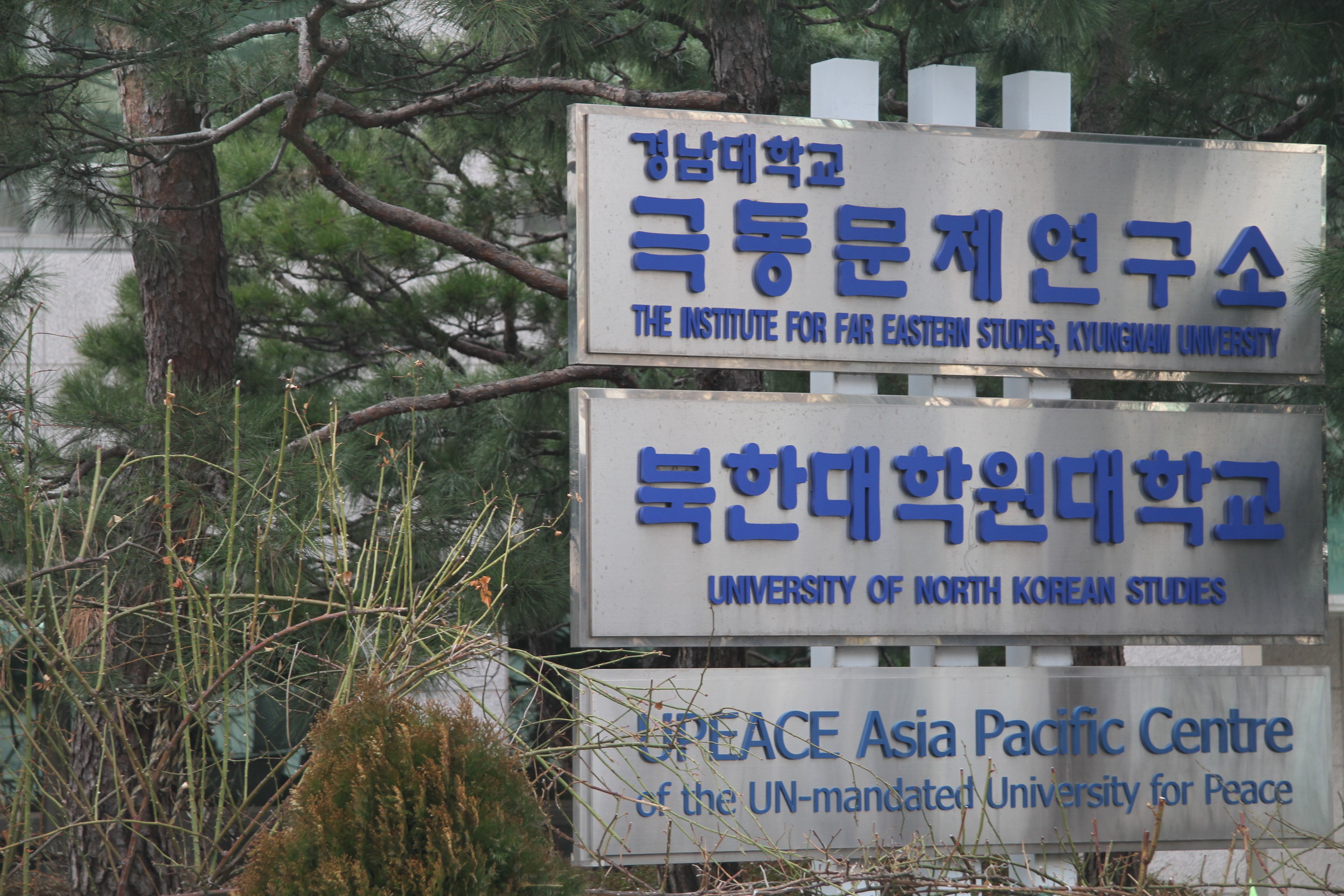
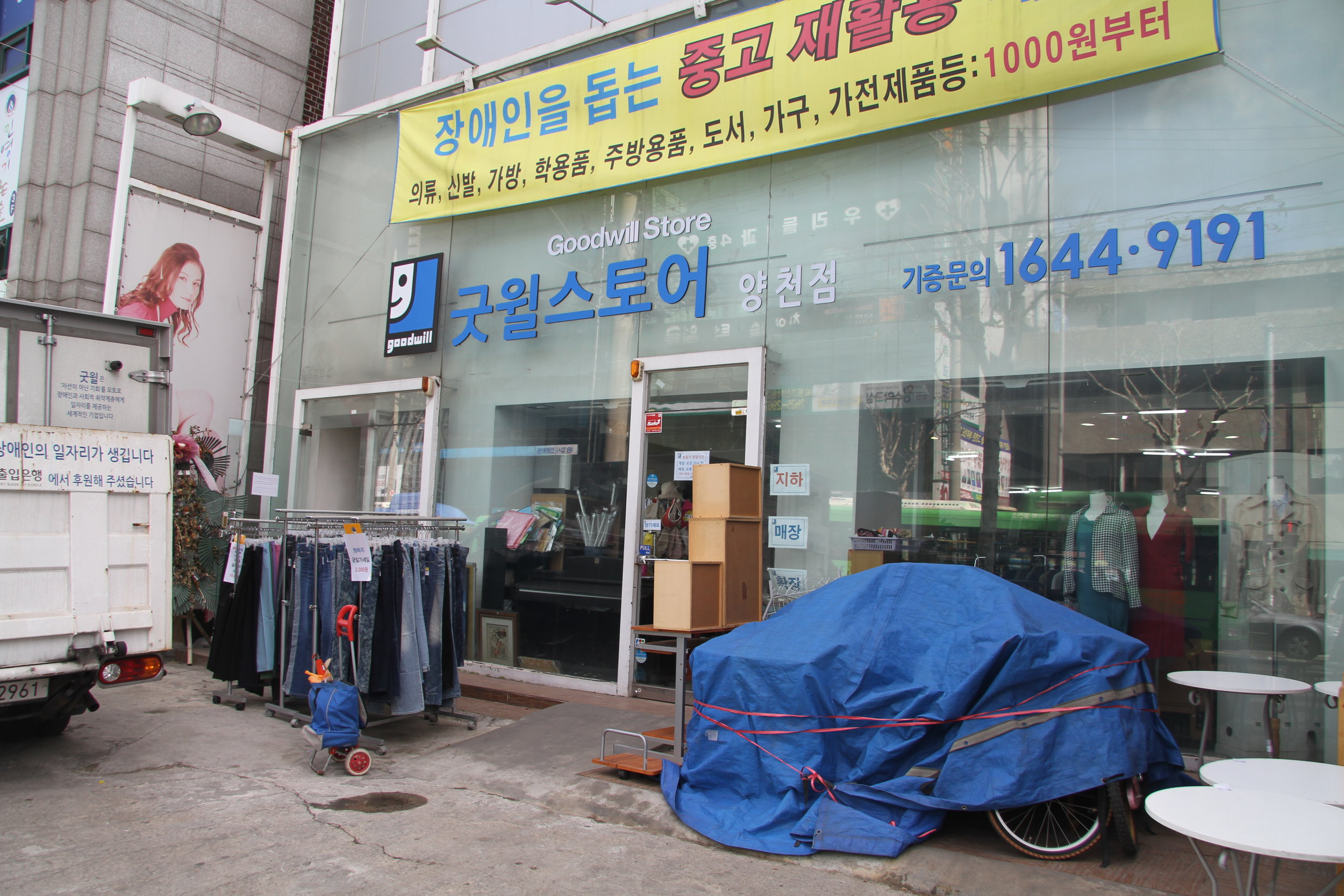
Highlights
"In North Korea, you didn't have to work very hard. Someone else would work and you'd receive the same amount. But it's not like that in South Korea." – NK escapee (translated)
"I think the most important thing for North Korean escapees to know is gratitude. It was only until I started doing volunteer work that I realized what that felt like." – NK escapee (translated)
"It's not that we lack common sense-- it's that we never learned the basic knowledge that South Koreans did." – NK escapee (translated)
"I wish that [South Korean] people did not look at us and judge us." – NK escapee (translated)
Secondary Research
White Papers and Articles
- North Korea [2012] – KINU
- The Quality of Life of North Koreans: Current Status ad Understanding
- White Paper on Human Rights in North Korea [2012]
- The Hidden Gulag
- The Integration of North Koreans in South Korea: Problems and Prospects – KINU
- North Korean Defectors: Their Adaptation and Resettlement – KINU
- Korean Unification and a New East Asian Order – KINU
Books
- Escape from Camp 13 by Blaine Harden
- Nothing to Envy by Barbara Demick
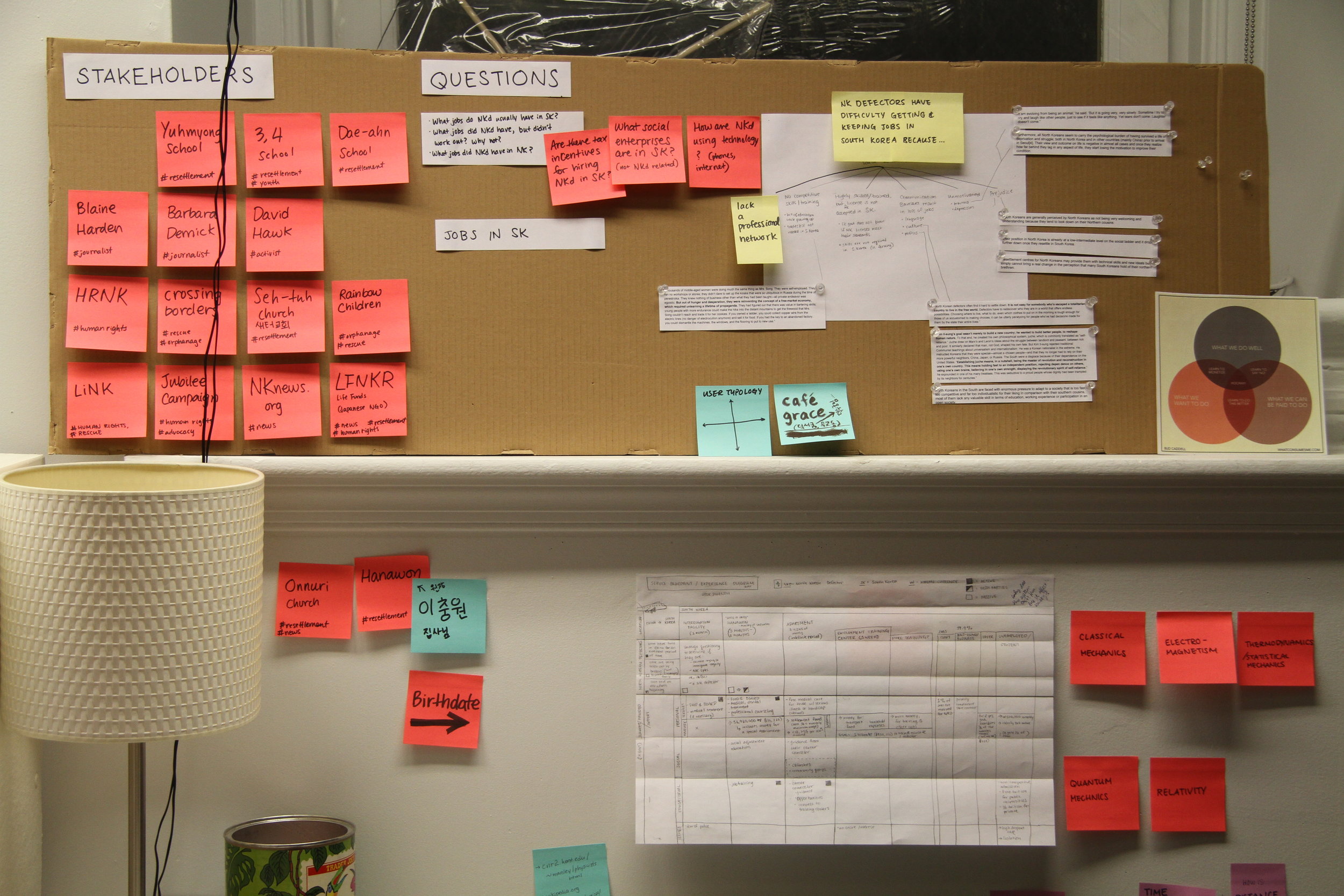
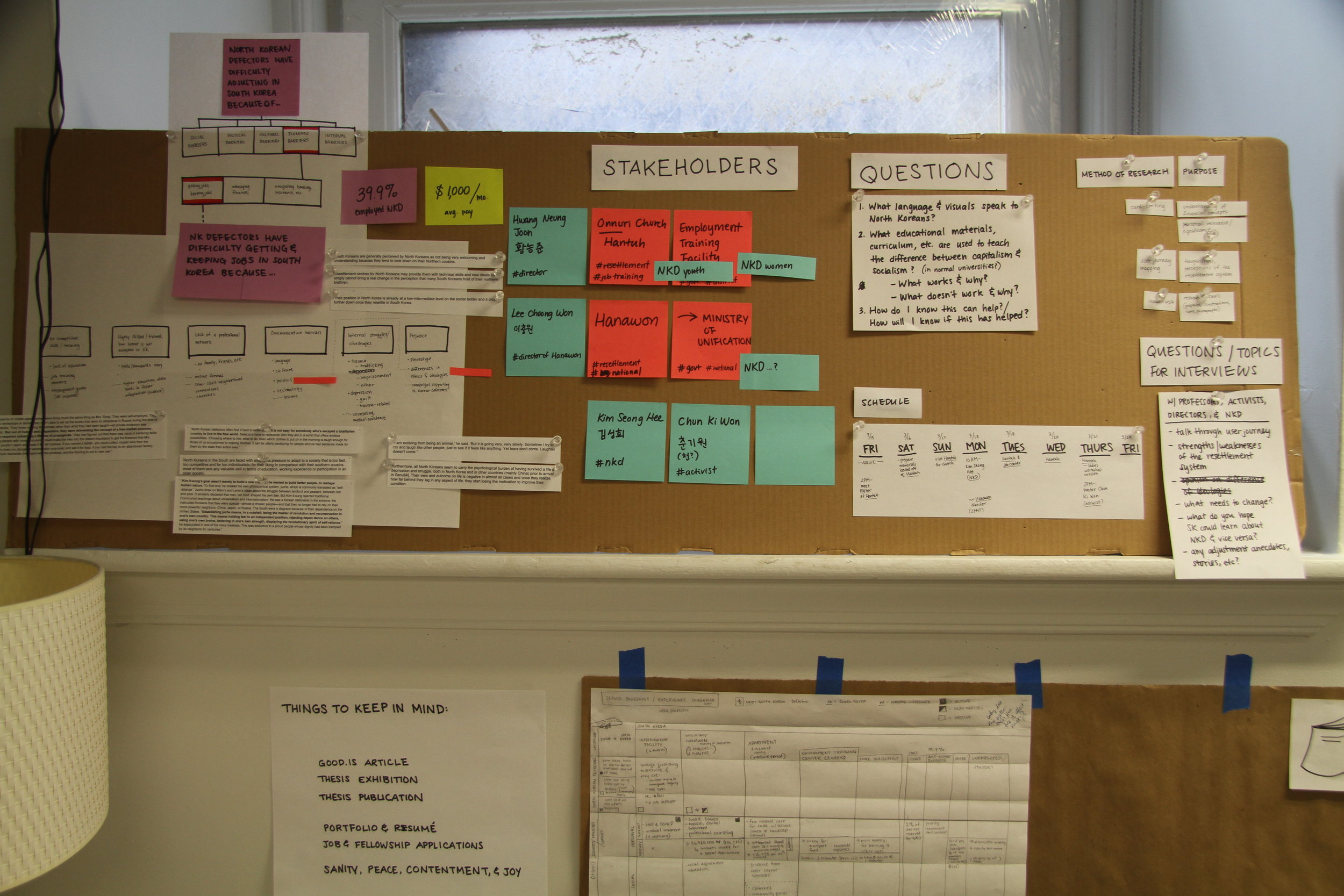
Stakeholders
Problem Definition
5 Whys Chart, breaking down causes and strategies
Key Takeaways
- SOCIETY - Relationships between North Koreans can be strained because there are spies who pretend to defect, but report back to the NK government.
- TECHNOLOGY - Many North Koreans adapt to technology very quickly. Often times they will choose to purchase a smartphone before other supplies.
- EMPLOYMENT - Jobs are a big concern for North Koreans, and for the South Korean government.
Concept
Theory of Change
By exposing North Korean escapees to a variety of South Korean experiences in an anonymous and nonjudgemental way, North Korean escapees will feel more comfortable and better adjusted to South Korean society.
Ideation and analysis
Hanguru
Hanguru is a free community for people to share their experiences and learn about South Korea in an anonymous way.
"Even re-planted trees take three years to re-grow their roots."
– A Korean idiom that existed prior to the division of the peninsula. It is meant to reassure people, saying that it naturally takes time to adjust to big changes or new places.
Hanguru comes from the work 'Han' as in 'Hanguk' [South Korea] and 'guru' as in 'teacher' or 'source of wisdom' in Buddhism. The word Hanguru also sounds like, "one united group of trees," in Korean.
Anyone can upload information about relevant topics that people are curious about. People can ask questions, discuss, and learn from the experiences of others without having to reveal their own identity or risk feeling foolish by their lack of awareness.
Become a Hanguru.
Hanguru is meant to provide a safe space to rely on shared experiences and build anonymous camaraderie. It is meant to be used casually, and with humor. Based on the research, specific topics that should have their own forum include:
- Jobs / Careers
- Education
- Parenting
- Pop culture
- English
- Jokes
Analysis
Strengths
- Co-creative
- Flexibility in depth and practicality of content
- Anonymous
- Reaches anyone with a smartphone (which is true for most North Koreans living in South Korea)
- Writing, discourse, and analysis foster language skills inherent in South Korean education
Weaknesses
- Management and monitoring
- Lack of self-sustaining income
- Lack of advertisement channels
Extra
See the Exhibition component of the thesis here: North to South.
If you're interested in the stories of North Koreans in concentration camps check out Humans.




